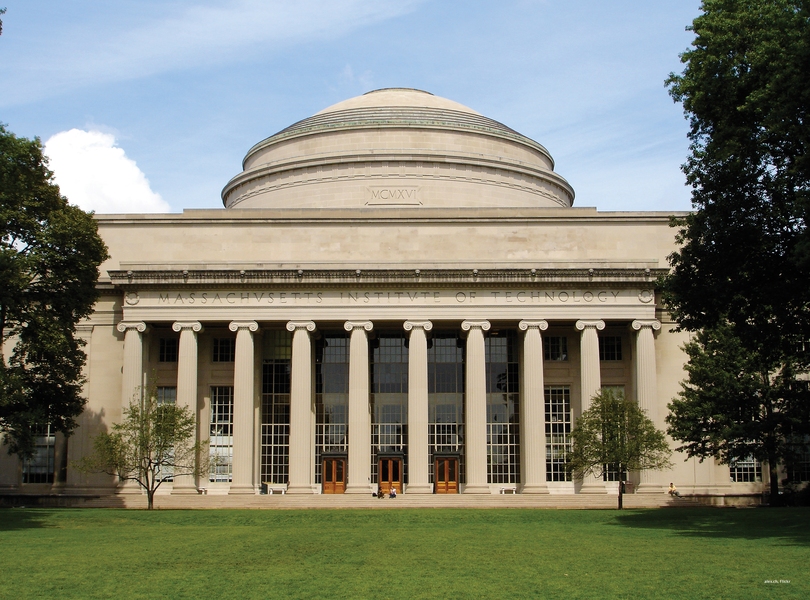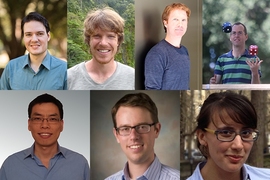MIT and the Weizmann Institute of Science in Israel have announced a new research collaboration, made possible by a gift from the Sagol family, that will support a series of multidisciplinary projects between the two institutions across all areas of science.
Longtime philanthropists, the Sagols are the founders of the Sagol Neuroscience and Longevity Network, a series of 12 centers at eight Israeli institutions focused on brain science, aging, and longevity. The gift was announced at MIT during the Global Gathering of the Weizmann Institute, which was held in Boston in June.
“This gift will not only seed joint research between Weizmann and MIT, two great institutions but I would like it to be the starting point to seed scientific collaborations between the Sagol Network in Israel and scientists in Massachusetts, another major hub of scientific activity,” Sami Sagol said.
He says hopes others will follow his lead “so that Israel develops a deeper connection with Massachusetts.”
“When we’re done with that, the sky’s the limit,” he said.
The program entails competitively awarded grants to support research collaborations between pairs (or teams) of faculty from the Weizmann Institute and MIT. The Weizmann Institute and MIT will establish a scientific committee consisting of members of both institutions that will issue a call for research proposals. In addition, leadership at both institutions will actively solicit proposals in promising areas identified in consultation with faculty at the Weizmann Institute and at MIT.
“We hope this gift will jump-start new opportunities for excellent collaborative work,” said Professor Daniel Zajfman, president of the Weizmann Institute. “We are deeply grateful that the Sagols have made this important step, and in doing so hope to inspire others to invest in the future of scientific collaboration between Israeli and American scientists at the basic research level.”
Richard Lester, associate provost for international affairs, said that at MIT “we have long engaged with our peers across the globe to push the boundaries of science and technology.”
“We are extremely grateful to the Sagol family for providing researchers from both MIT and Weizmann with rich opportunities to exchange and advance their ideas for the betterment of all humankind — and for their vision of an even stronger research connection between Israel and Massachusetts,” Lester said.
The Weizmann Institute and MIT have a shared history in computer science research and faculty. In the late 1970s, Weizmann Professor Adi Shamir — then a researcher at MIT — together with MIT’s Ronald Rivest and Leonard Adleman, developed the RSA encryption algorithm, which made so-called public-key encryptions useful in practice. In 2002, the three scientists were awarded the A.M. Turing Award, the highest award in computer science, for the breakthrough.
The Weizmann Institute’s Shimon Ullman received his PhD in electrical engineering from MIT and became a member of its Artificial Intelligence Laboratory (1973-1983). From 1982 to 1986, he had a joint appointment as associate professor at MIT and the Weizmann Institute. He returned to the Weizmann full time in 1986 and has continued close collaborations with his MIT colleagues over the course of more than three decades.
RSA Professor of Electrical Engineering and Computer Science Shafi Goldwasser did her postdoctoral studies in computer science at MIT and has held a joint appointment in computer science at the Weizmann Institute and MIT for many years. In 2018, she also became the director of the Simons Institute for the Theory of Computing at the University of California at Berkeley. She founded the Cryptography and Information Security Group at MIT. For her work in cryptography, she received the Turing Award in 2013.
The Sagol family established Keter Plastics in 1948 and turned it from a small workshop in Jaffa, Israel, into a world-leading industrial group within the home improvement consumer products industry. Sami Sagol is a member of the Weizmann Institute’s International Board and received an honorary doctorate from the Institute in 2016.









